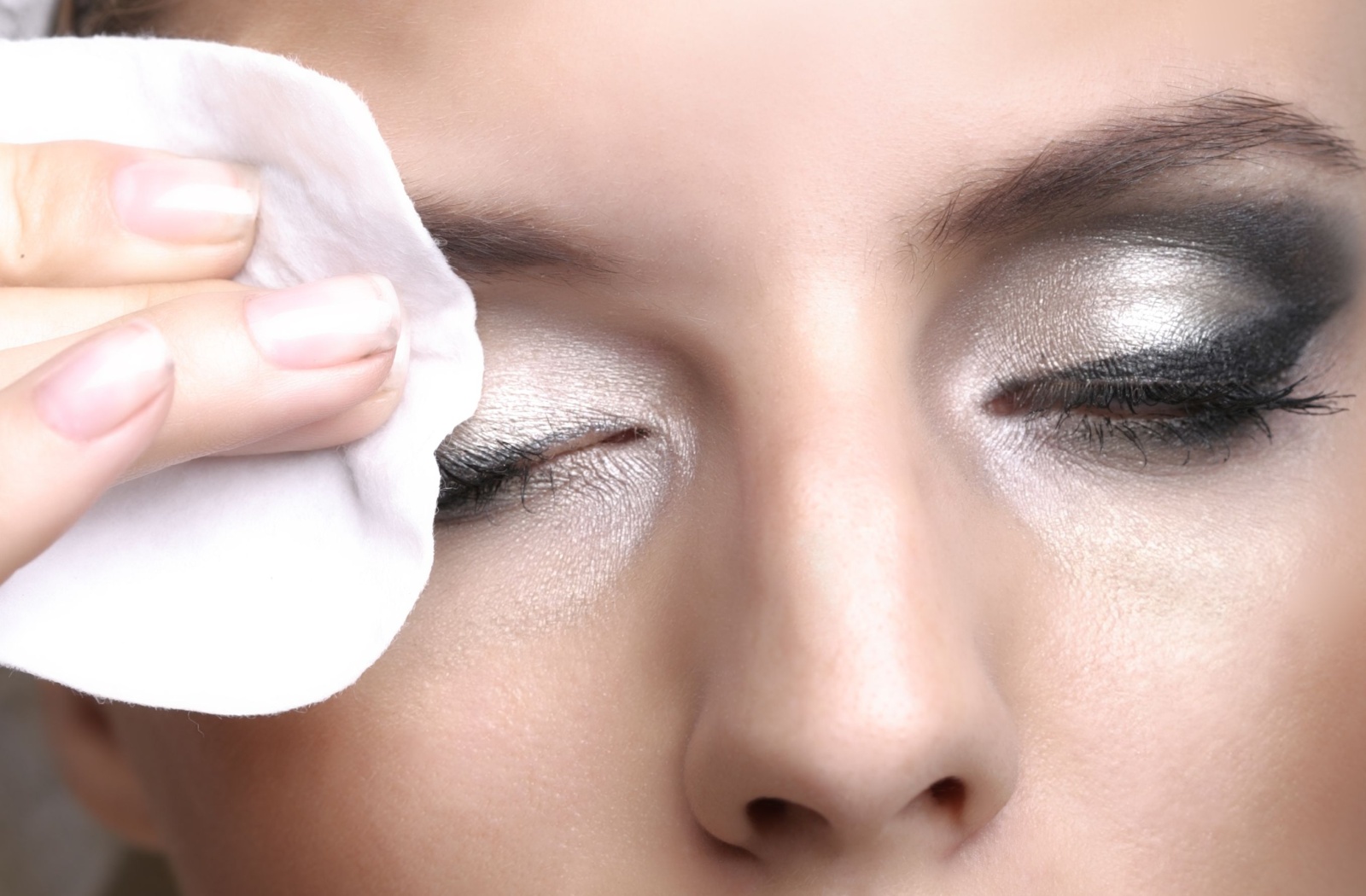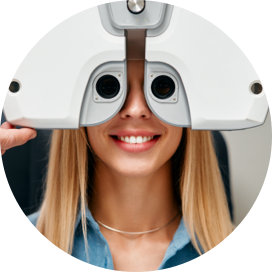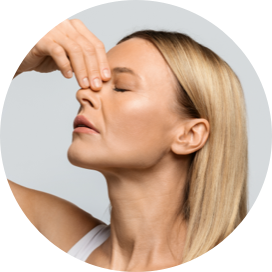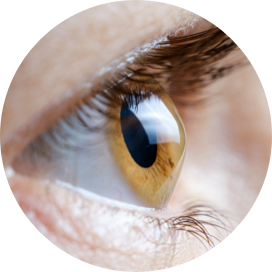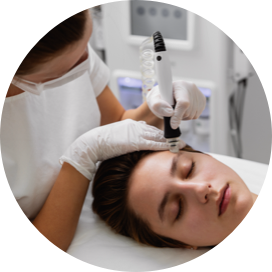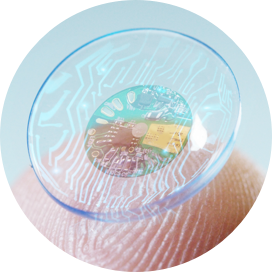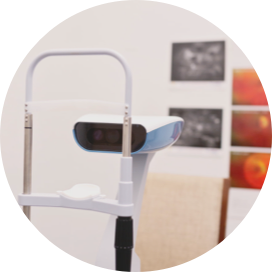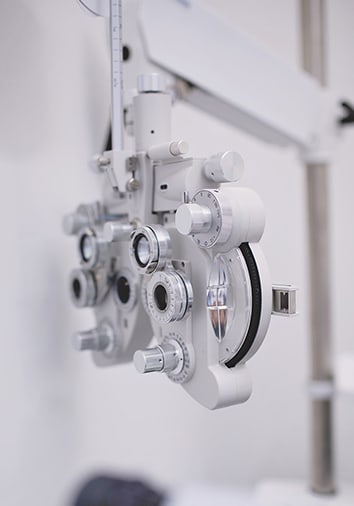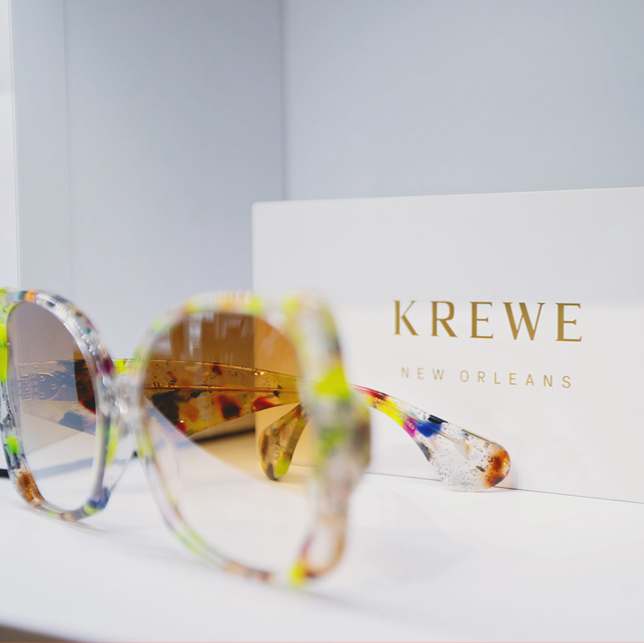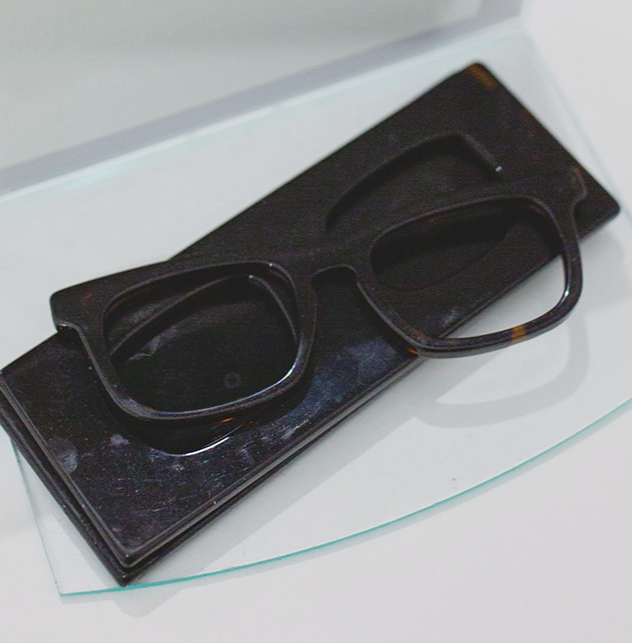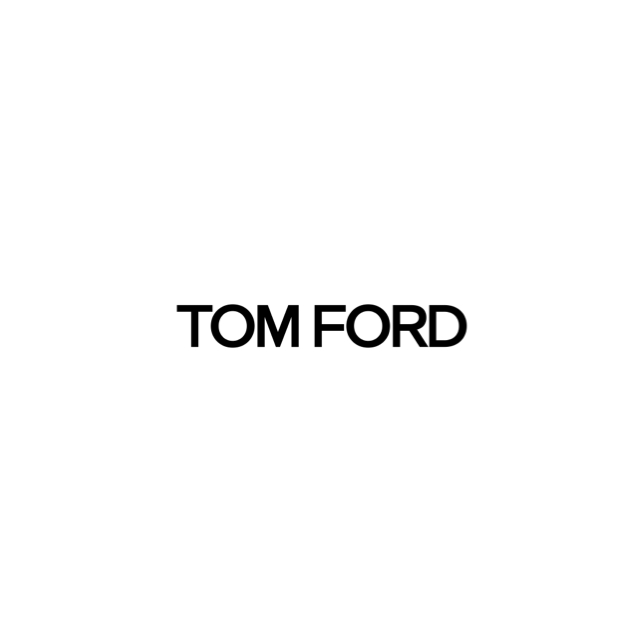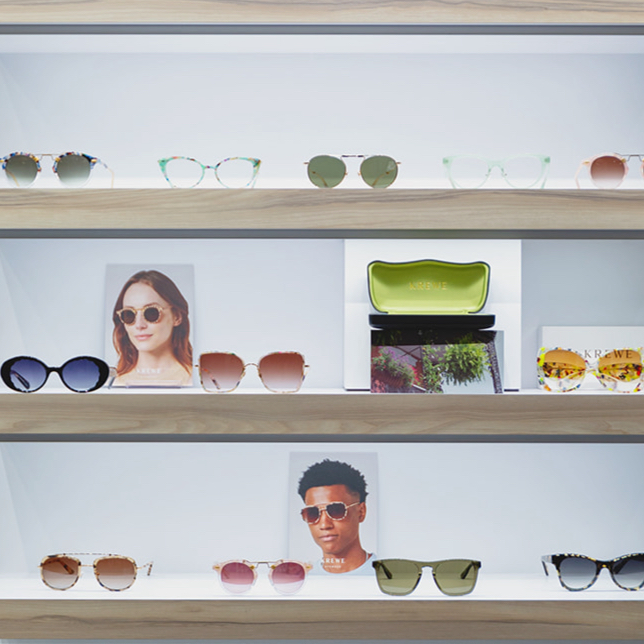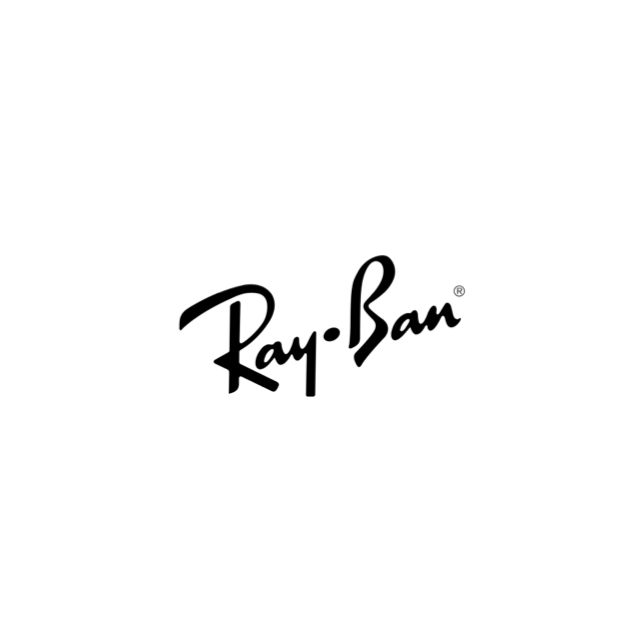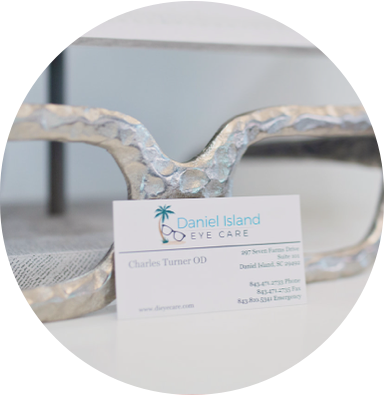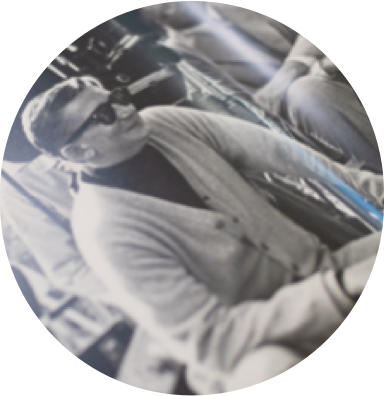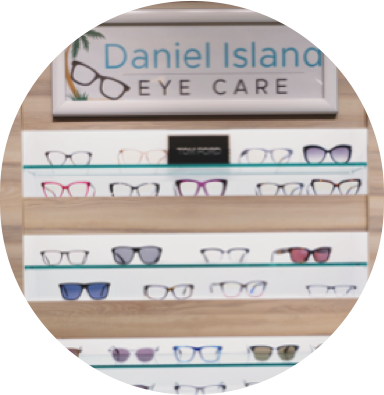Whether a swipe of mascara or a full glam look, makeup is an essential part of many people’s daily routine. But when it comes to your eye health and getting accurate results during an eye exam, will it cause problems? Ultimately, it depends on each situation, but you can typically wear makeup to an eye exam—with a few considerations we’ll explore below.
Contact your eye doctor directly if you’re unsure whether makeup will be an issue during your next exam. They can offer you personalized information based on the type of exam and whether makeup will interfere with it.
Understanding the Purpose of an Eye Exam
Eye exams aren’t just for updating your glasses or contact lens prescription—they’re an essential checkup for your overall eye health. During your visit, your eye doctor will typically perform a series of tests to check for issues like:
- Vision clarity
- Eye pressure
- Retina and optic nerve health
- Your eye focusing and movement abilities
These tests may involve bright lights, puffs of air, dilating eye drops, and close inspections of your eyelids and lashes. The goal is to evaluate your vision and detect any early signs of eye diseases or infections.
How Makeup Can Affect the Exam Process
While wearing makeup every day is perfectly normal for many, it’s worth understanding how makeup can impact eye health—especially during an exam.
- Mascara or eyeliner residue can smudge or get in the way during close-up eye inspections
- Glittery or shimmery eyeshadows can cause irritation or obscure the view of your eye’s surface
- False lashes or lash glue can make it harder for doctors to properly examine your eyelids
- Heavy eye makeup may interfere with tear film quality tests and skew results if your eye doctor suspects dry eye or a related condition
General Eye Health Concerns
Beyond the exam itself, makeup can also pose risks to your eyes if not used or applied carefully:
- Obstructed glands: Eyeliner that’s applied too close to the lash line can block the tiny meibomian glands that help keep your eyes moist
- Irritation and infections: Old or contaminated makeup can introduce bacteria to your eyes, potentially leading to infections like pink eye
- Allergic reactions: Certain makeup products or ingredients may cause redness or irritation, which isn’t ideal before an exam
Tips for Wearing Makeup to an Eye Exam
If makeup is non-negotiable for you, don’t worry—you don’t have to show up bare-faced for your eye exam. With a bit of preparation and a slight adjustment to your routine, you can wear makeup without compromising the accuracy of the results.
Go Minimal
Keep your makeup simple on the day of your eye exam. A touch of foundation or concealer is fine, but avoid heavy eye makeup like mascara, eyeliner, or bold eyeshadow. A no-makeup makeup look works best in this case.

Avoid Glitter, Shimmer, or False Lashes
Glittery or shimmery makeup can flake off and cause irritation or obscure your eye doctor’s view of your eyes. Plus, the added bulk and adhesives of false lashes can make it harder to inspect your eyelids.
Skip Waterlining
Waterlining is the technique of applying eyeliner directly to the waterline of your eyelids. While it looks sleek, it can block important oil-secreting glands and interfere with tear film tests. It’s best to skip this step altogether before an exam.
Keep it Fresh
Opt for fresh, recently opened makeup products to avoid introducing bacteria to your eyes. Old or expired products are more likely to cause irritation or infections. Follow the disposal times given by the manufacturer, but as a general rule, you should replace makeup every 3 months.
Listen to Your Eye Doctor
If your optometrist requests that you remove your makeup for a specific part of the exam, be prepared to do so. They have your best interests—and your eye health—in mind.
Personal Hygiene & Eye Makeup
Good hygiene is always important, but it’s critical when wearing eye makeup. Poor hygiene can affect general eye health and also impact the outcome of an eye exam.
Clean Your Brushes & Tools
Dirty makeup brushes or tools can harbor harmful bacteria and oils. Make it a habit to regularly clean them with a gentle brush cleaner or soap and warm water.
Avoid Sharing Makeup
While it might be tempting to borrow a friend’s mascara or eyeliner, sharing makeup increases the risk of cross-contaminating your eyes. Always stick to your own products.
Remove Makeup Thoroughly
Make sure you remove all makeup before going to sleep—or before your eye exam, if required. Use a gentle eye makeup remover that won’t irritate your eyes. Leaving residue behind can increase the chance of irritation or infection.
Takeaways for Your Next Eye Exam
Your eye exam is an opportunity to prioritize your vision health; a little preparation can go a long way. If you’re set on wearing makeup, keep it light and simple to avoid interfering with the process. More importantly, always prioritize hygiene and discuss any concerns with your optometrist.
Reach out to our team at Daniel Island Eye Care today to request an appointment. Ask us about makeup recommendations for your exam when you call!

